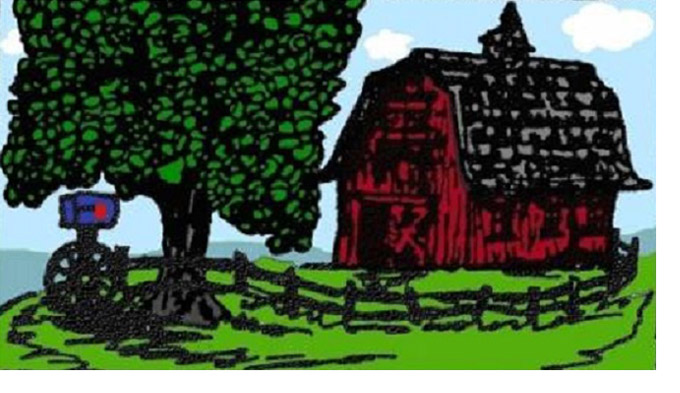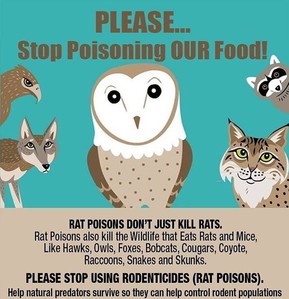Sometimes we forget wildlife were here first. It can be challenging to find that happy middle ground with our neighborhood wildlife. We want to enjoy wildlife from a distance but sometimes they cause heartache by damaging property or stealing garden produce. Individuals struggling with wildlife issues may consider inappropriate responses to handle them such as poisoning. It is illegal to poison any wildlife and is considered an inhumane way to manage wildlife on your property. Poisoning can cause great suffering and may inadvertently harm other animals, pets, or children. There are much better ways we can manage wildlife and live in harmony.
First, try removing any attractants from your property. All wildlife will be attracted to food, water, and shelter. Removing access to these items can help deter them from coming onto your property. Secure garbage cans, food, bird feeders, litter, or gardens on your property. Reduce access to shelter by removing dead trees, tall grass, firewood stacks, and blocking entry points underneath decks, window wells, vents, and chimneys. Welded wire or hardware cloth are effective ways to block access.
Another method of managing wildlife is deterrents such as safe repellents and frightening devices. Repellents can help keep wildlife away from specific plants or areas of your yard. Read the labels on repellents carefully to make sure they are not pesticides. Pesticides can be harmful and may require a special license. Frightening devices help keep wildlife away from your property by using sight or sound to scare the animals away. An example of this would be the “ScareCrow” – a motion activated device that sprays water.
The last method would be to hire a licensed trapper to remove the animal from your property and should be considered a last resort. Even when you remove one animal from your property, it leaves space for another one to move in if you do not remove the attractive elements. Please be advised that trapping an animal on your property and removing it without a license is illegal.
Article from DuPage County Animal Services

